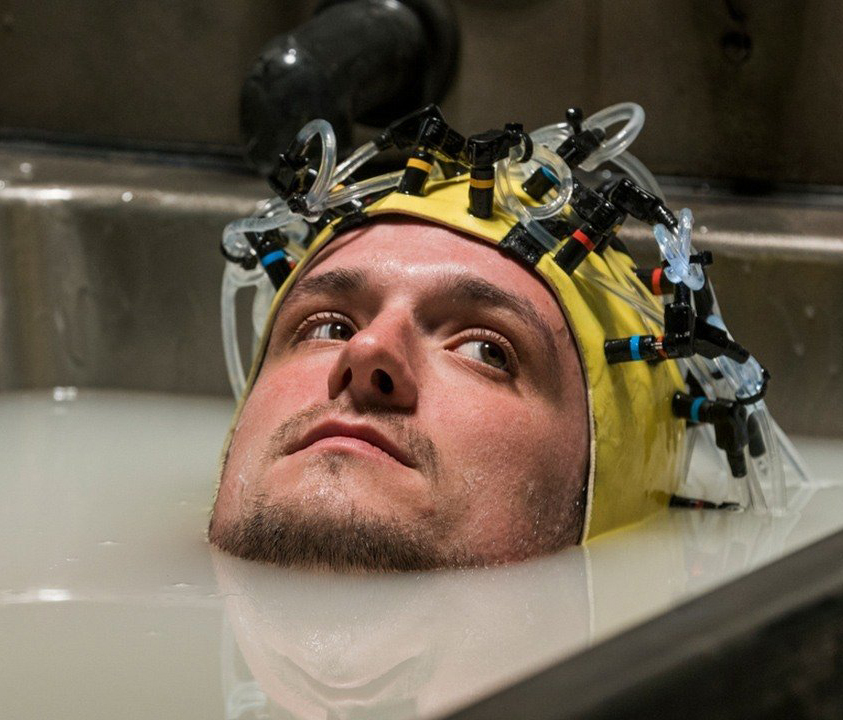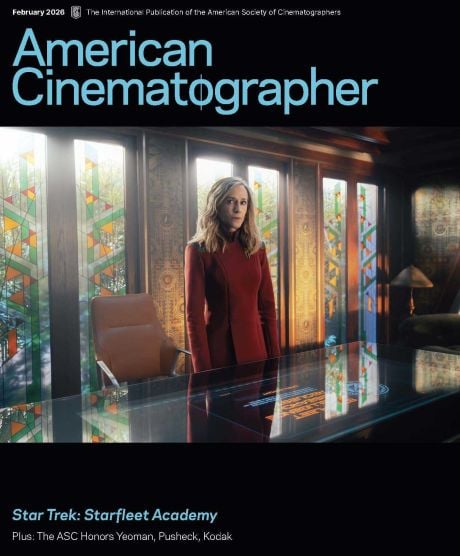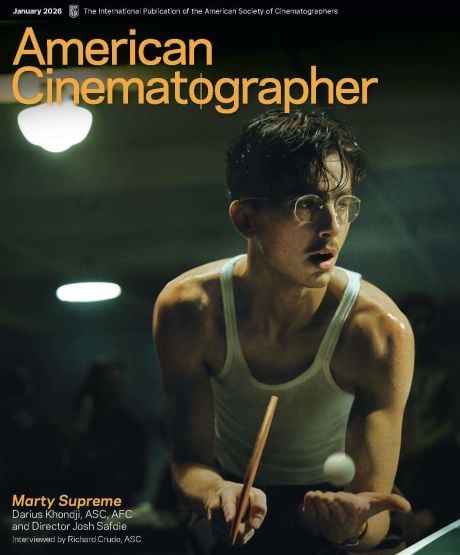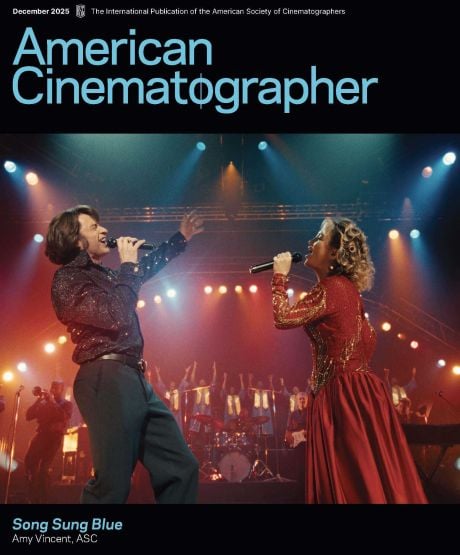SPONSORED BY: ASC Master Class
About the Project
The setup for Hulu’s Future Man takes its cues from the classic 1980s movie The Last Starfighter. In the first season — shot by Cort Fey, ASC — a yutzy janitor named Josh (played by Josh Hutcherson) is the first person to complete the video game Biotic Wars. Upon doing so, Josh is recruited by the game’s main characters: Tiger and Wolf (played by Eliza Coupe and Derek Wilson) to wage war against the machines in real life.
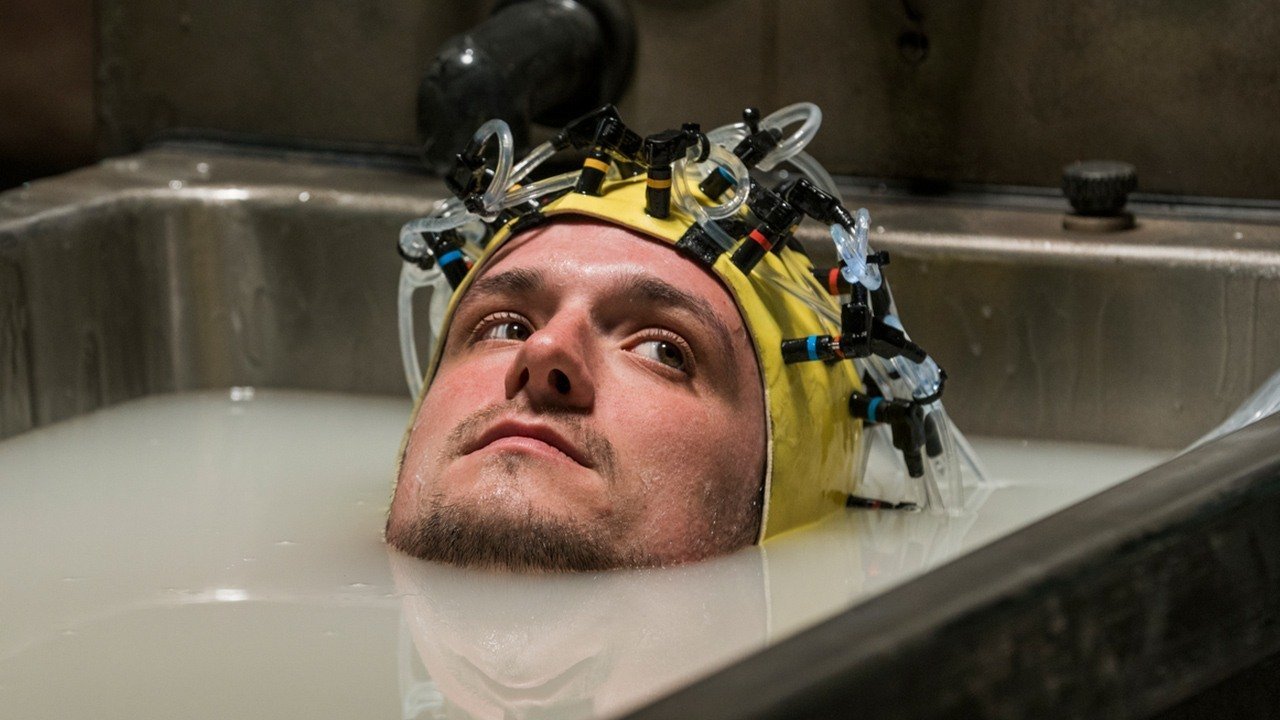
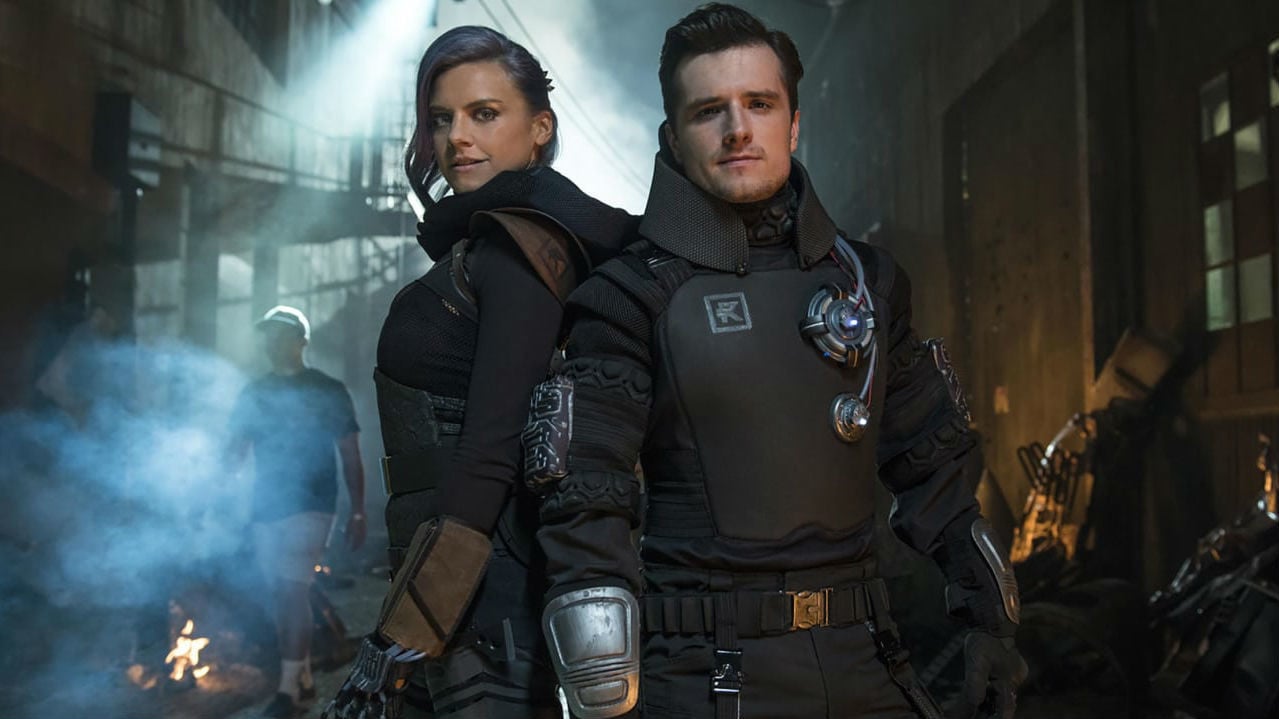
In the second season — shot by director of photography Eduardo Mayén — Josh, Tiger, and Wolf are thrust into an alternate future dimension where humanity clings to survival, and two of its last strongholds — the luddites of the Nag, and the techno-utopians of the Mons — are engaged in a civil war for the fate of the species.
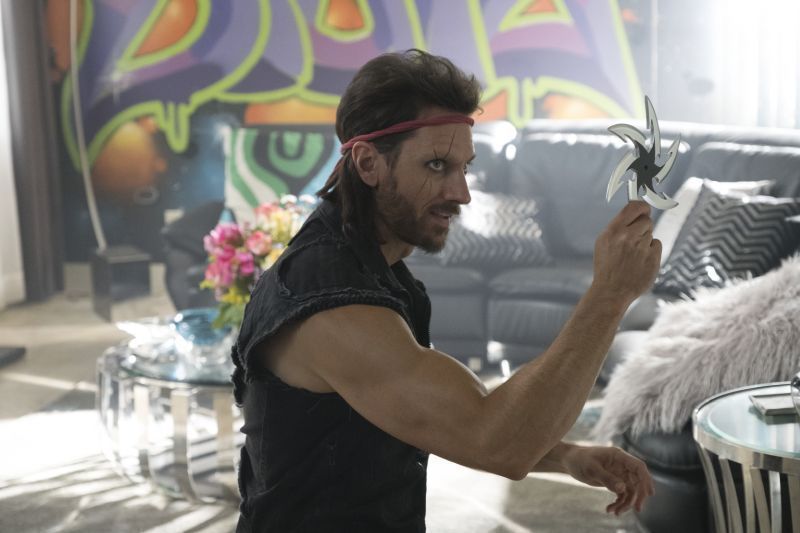
Mayén photographed his season of Future Man with a Panavized Red Weapon Helium in conjunction with Panavision Gand E series 2:1 anamorphic lenses. The filmmakers employed three shooting modes for standard (8K 6:5 at 60 fps, with a 25mm wide angle limit), high-speed (5K at 60-120 fps), and wide-angle photography (7K WS for wider than 25mm). In addition to this, Mayén had to frame for both the 2.35:1 (letterboxed for Hulu) and 1.78:1 (extracted for all other platforms) aspect ratios. “Because of these framing challenges, we used an Artemis Prime viewfinder,” says Mayén. “It kept us honest with all of the field of view and resolution changes. My hat’s off to first AC Jay Levy, who made sure that all of the cameras were filming at the correct resolutions.”
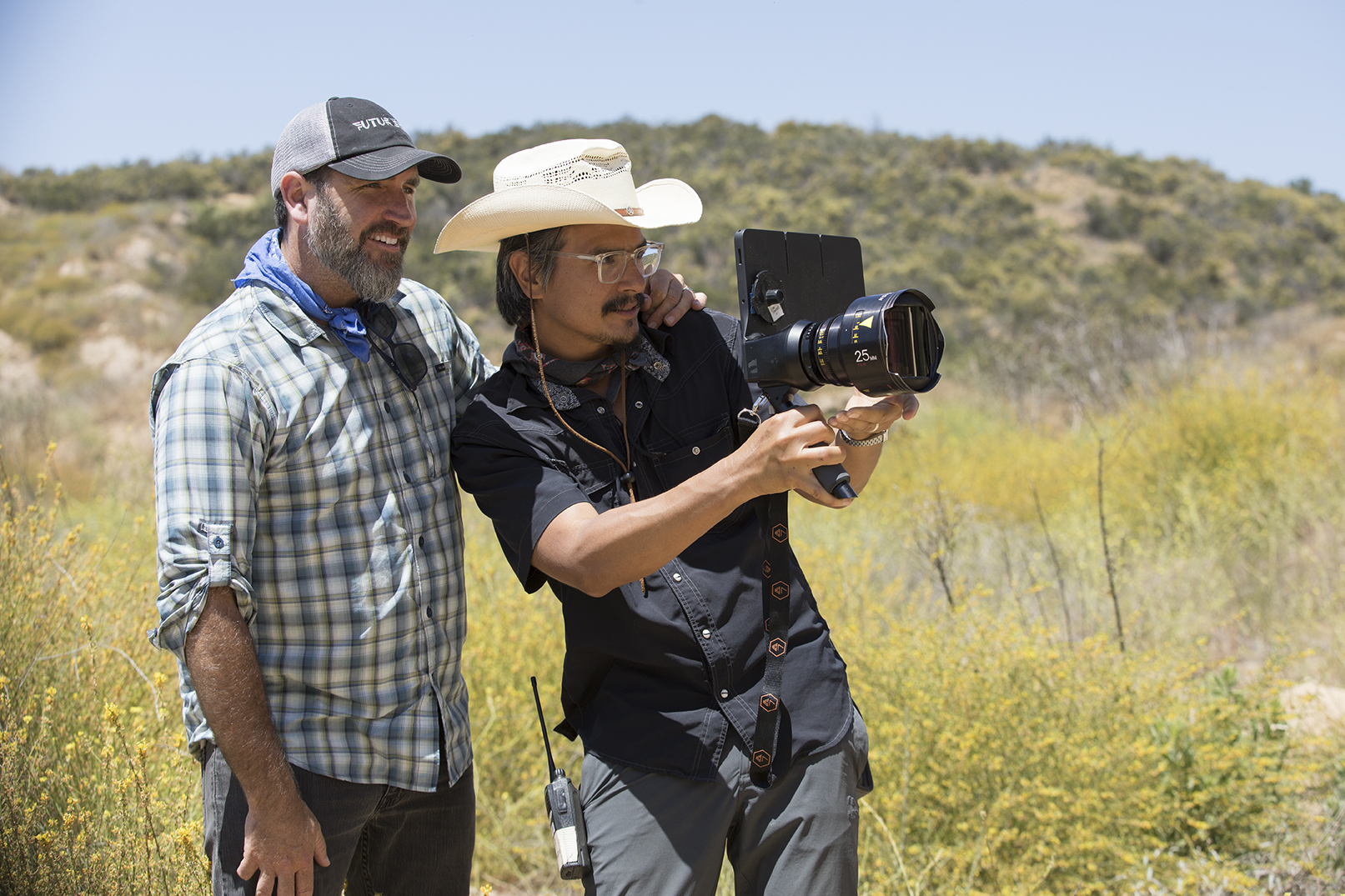
According to Mayén, Future Man’s writers and producers — including executive producer Seth Rogen — fostered an environment of creative expression and experimentation, something that’s not always possible in the fast-paced milieu of television production. “The great thing about a science-fiction show that plays with alternate realities is that you can bend the rules of naturalism,” he remarks. “But then again, this is Future Man, so everything goes.”
The series was recently renewed for a third season.
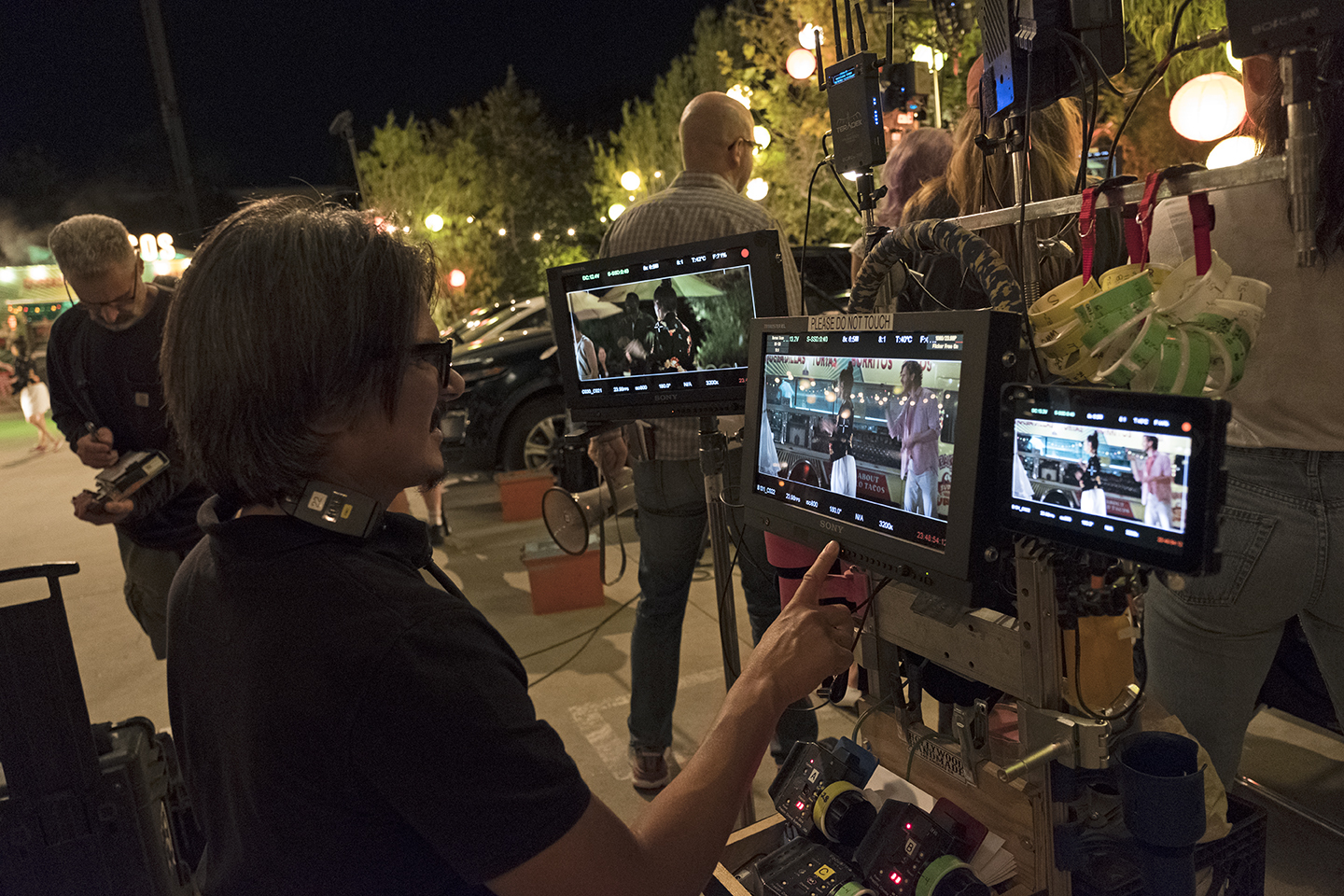
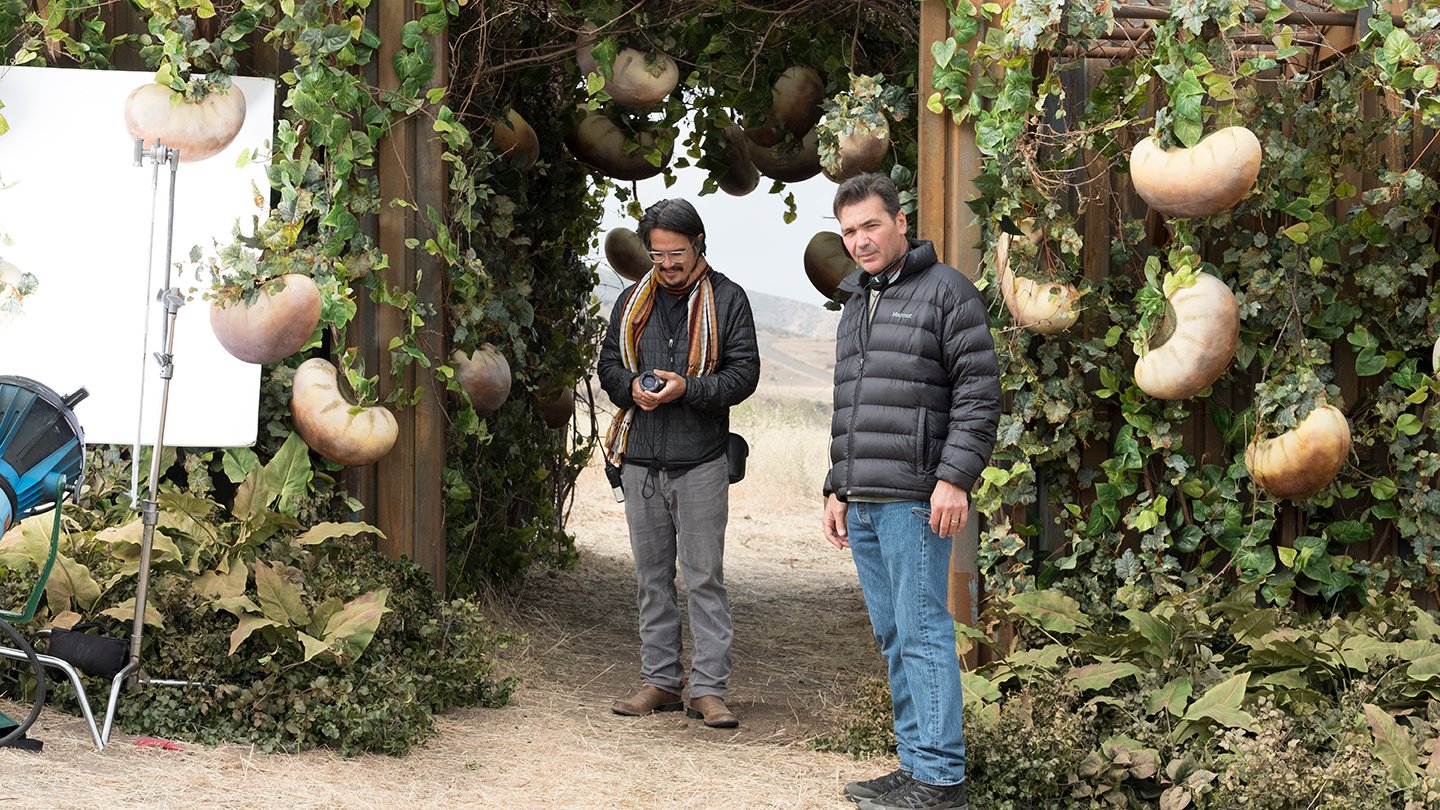
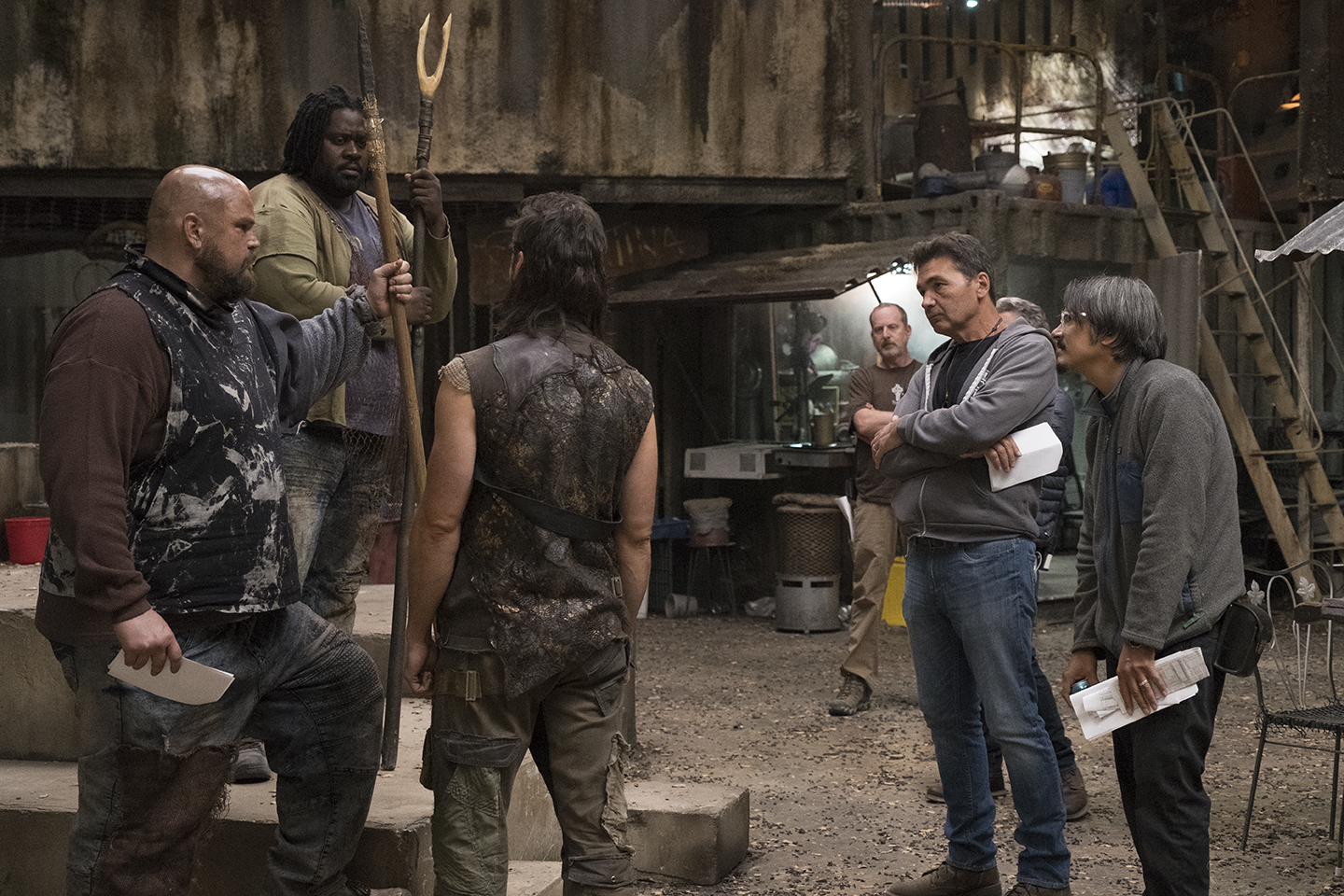
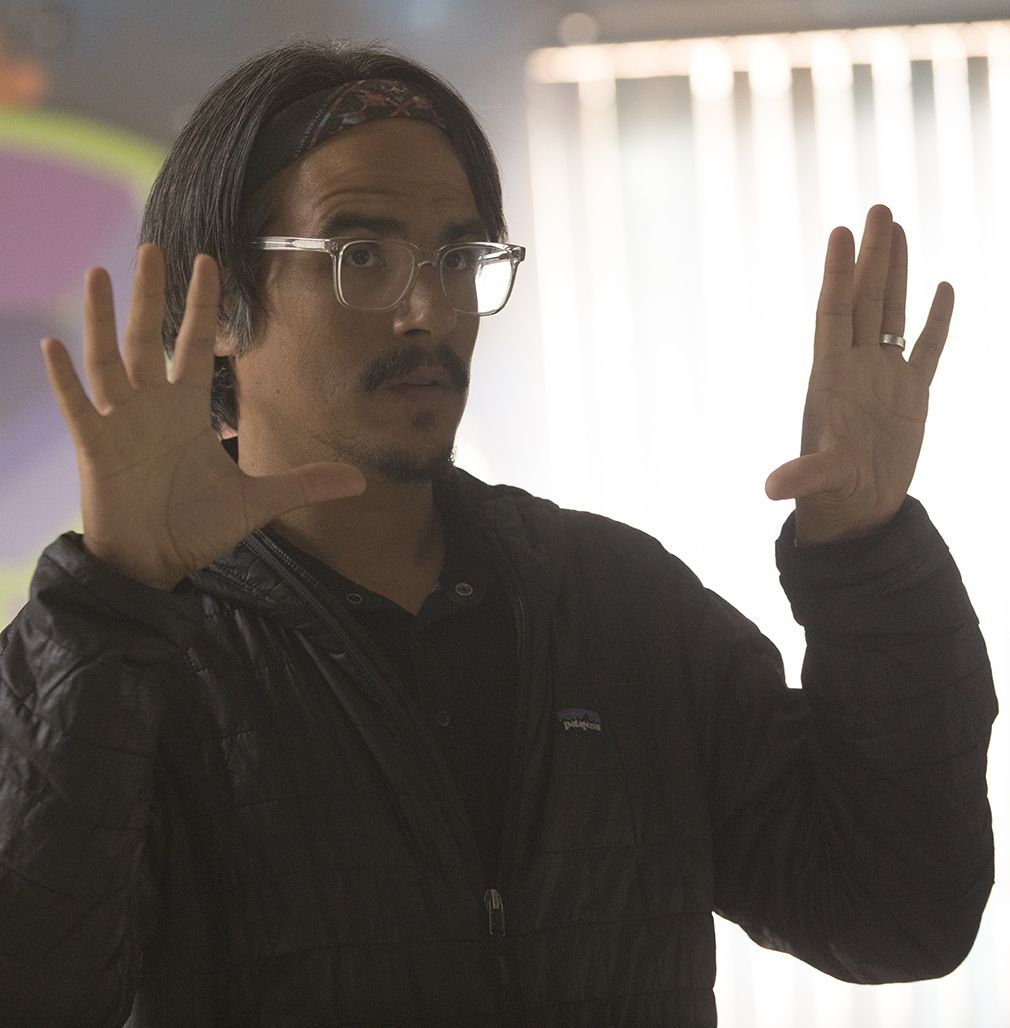
About the Cinematographer
Originally from El Salvador, Eduardo Mayén cut his teeth working as an intern for Rodrigo Prieto, ASC — starting with the feature 21 Grams— an experience he still carries with him. “Because of my background as a street photographer and working with Rodrigo, I’m always thinking about the motivation of the light,” he muses. “I’ll ask myself why it’s behaving in a certain way, and where it’s coming from. I like to joke that I’m kind of ‘method’ about it.”
Mayén’s other credits include a number of independent features, in addition to TV series such as El Rey’s From Dusk Til Dawn, the CW’s Black Lightning, and Amazon Prime’s Gortimer Gibbon’s Life on Normal Street, for which he received a Daytime Emmy nomination for Outstanding Single Camera Photography.
You’ll find his personal site here.
Follow American Cinematographer on Facebook, Instagram and Twitter.

American Cinematographer interviews cinematographers, directors and other filmmakers to take you behind the scenes on major studio movies, independent films and popular television series.
Subscribe on iTunes